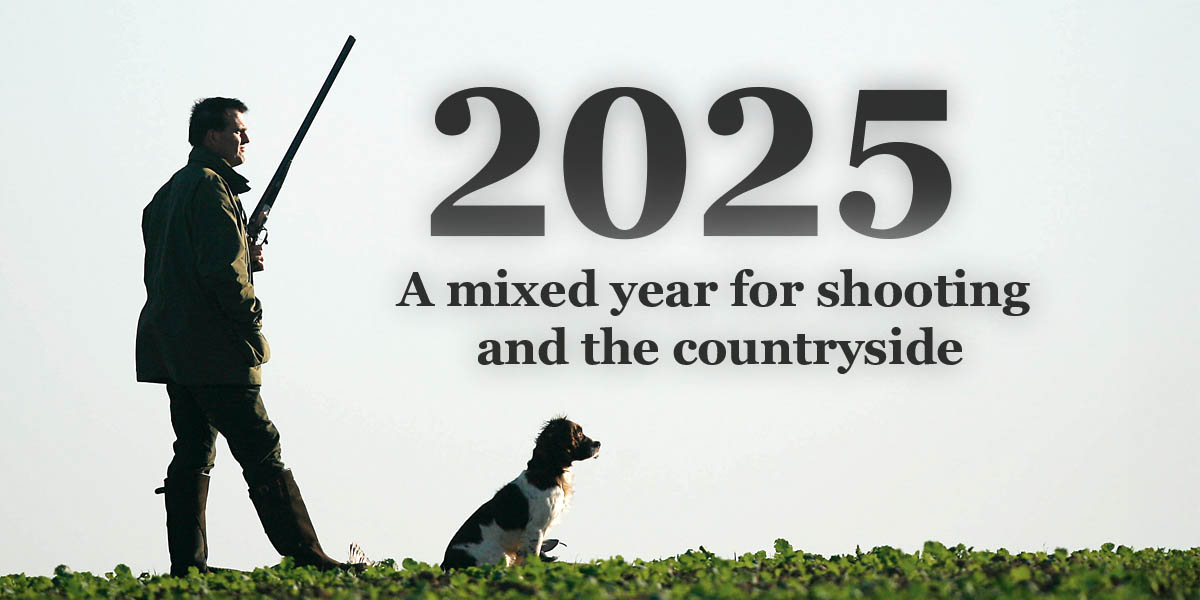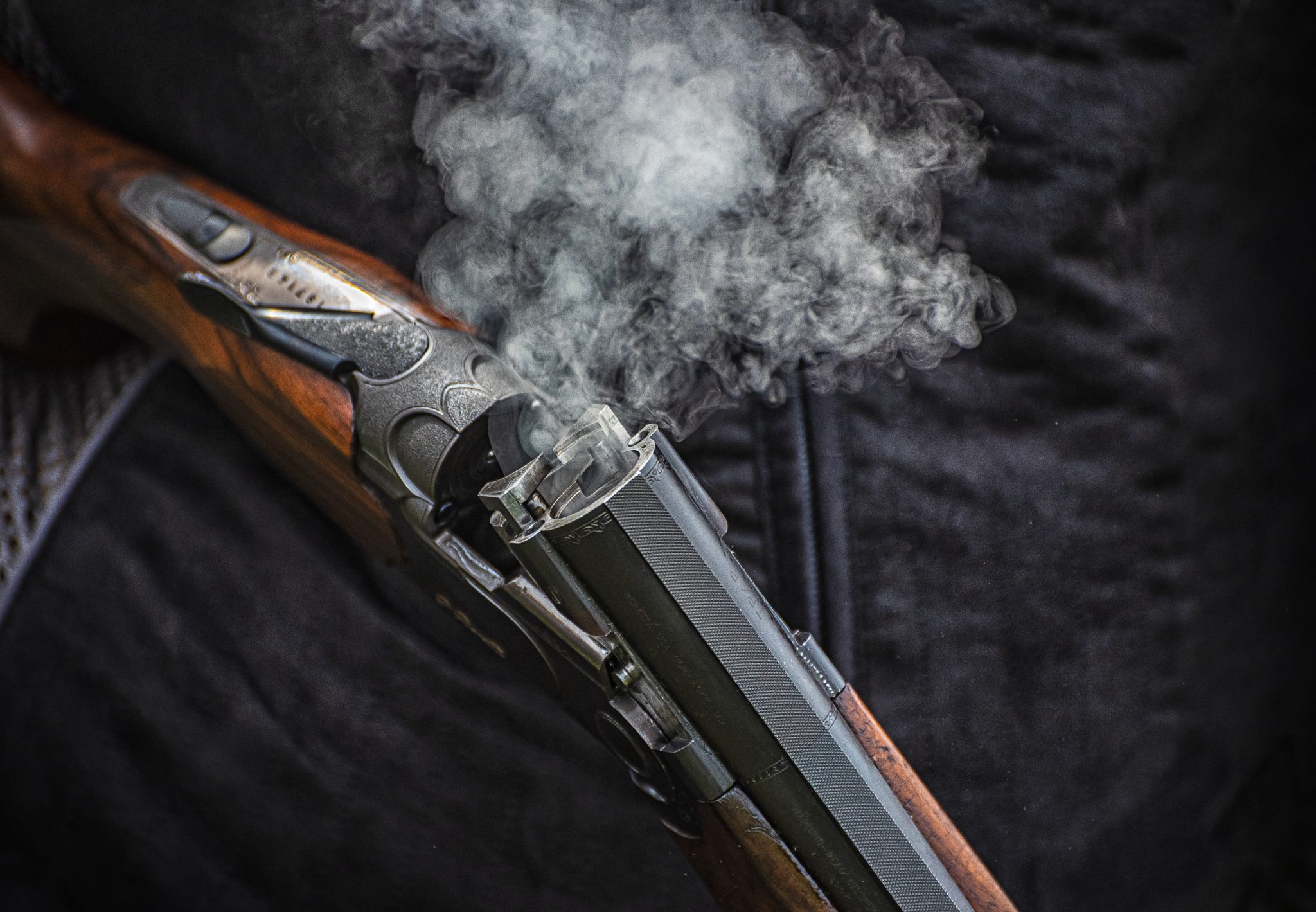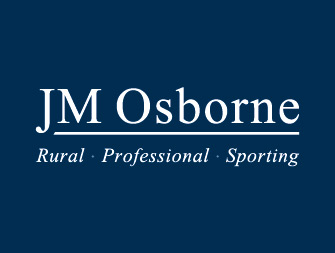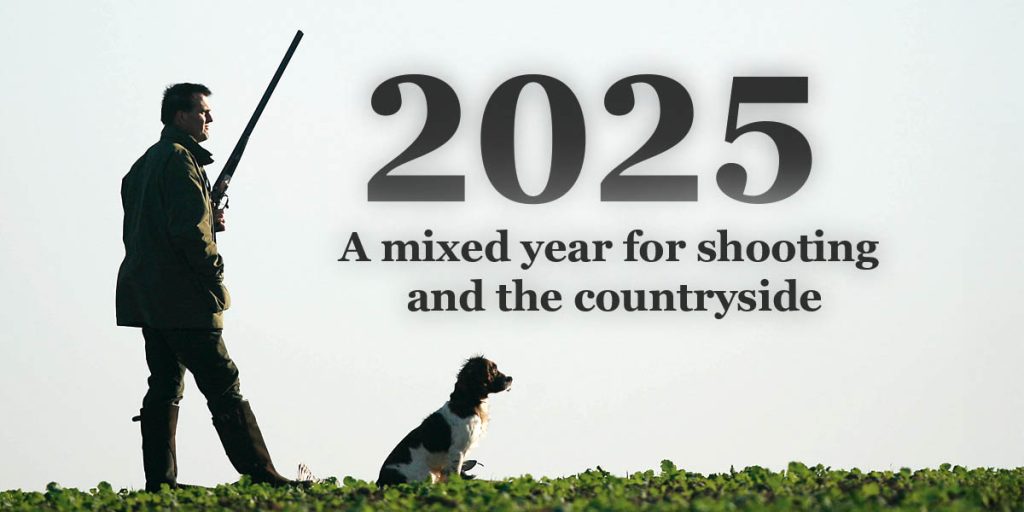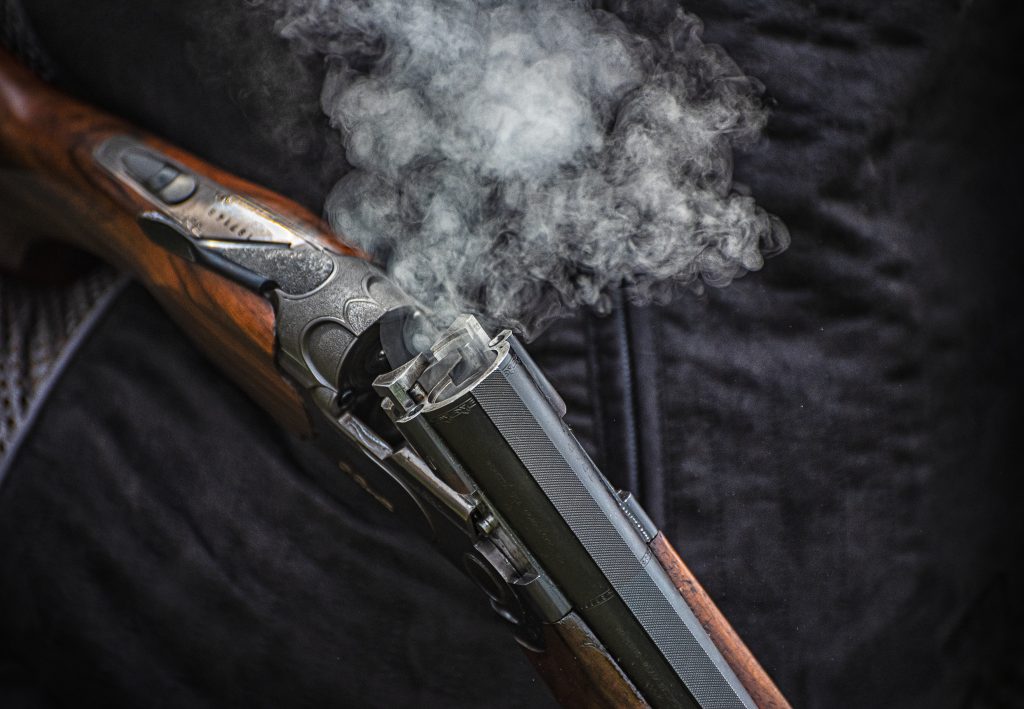Win CENS ProFlex DX5 earplugs worth £1,149 – enter here
Streets ahead
The life of the famous broadcaster and writer A.G. Street is full of sporting tales. Charles Ward takes a look at the brimming background of a true sporting farmer
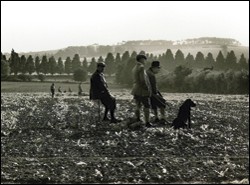
He once referred to himself as ?just a humble peasant farmer?, but in today?s terms, A.G. Street, well known broadcaster and writer between the 1930s and the 1960s, would have been some sort of media celebrity. In his time, public figures were happy to acknowledge that they enjoyed hunting, shooting and fishing, but in these politically correct times too many are reluctant to admit to taking part in such activities. I have recently been re-reading some of his books, and was reminded of how much this farmer, broadcaster and writer, who was never afraid to speak his mind, enjoyed his country sports, and how he considered them to be an integral part of country life.
Street, who lived and farmed in the Wylye Valley, in Wiltshire, was a regular panellist on Any Questions? from the first programme broadcast in 1949 until the 1960s. He wrote 35 books, as well as innumerable articles until he died in 1966, and also gave many radio talks on the countryside. He saw it as part of his mission in life to educate town dwellers about the rural scene, and this included country sports.
Born and brought up at Ditchampton Farm on the Wilton estate, where his father was a tenant farmer, Street took over the farm in 1918. Though he remained a tenant farmer, latterly more of his income came from writing and broadcasting than from farming. Another Wiltshire farmer is quoted as saying, If he spent as much time on his farm as he did on his writing he might have made a passable farmer!
Street hunted regularly when he could afford it, and in farming?s prosperous times kept hunters for himself and his family. He was secretary of the Wilton Hunt for a period in the 1930s, and saw how hunting brought together people of all classes. He was convinced that hunting was an essential part of the rural fabric, providing entertainment, fresh air and exercise for all levels of society, not just those who rode. Unfortunately, Street could no longer afford to hunt during the worst of the agricultural depression between the Wars. However, he remained a strong supporter all his life, even though he wrote that hunting was doomed because not enough people could afford it. As he got older, he found he was too heavy to enjoy riding any more, but followed in his car.
He enjoyed walking his fields with a gun and a dog, often bagging a hare or a cock pheasant to order for the household. He recounts several of these forays in his broadcast talks and his sketches of rural life. He also enjoyed more formal shoots, often with neighbouring farmers and other countrymen. He was an excellent Shot, though he had something of a reputation for pinching his neighbours? birds. In a memorial broadcast in 1967, a fellow Gun recalled one shoot, A pheasant coming on my right suddenly dropped dead before I could shoot it. I looked ? Arthur was on my left. Another dropped right in front of me. A bird was coming to Arthur, I shot that, then I shot another one. He said ?What the hell?s going on?? I replied, ?What?s sauce for the goose is sauce for the gander!? We had a gentleman?s agreement after that.
Eventually, some of his friends decided it was time to make the point too. Brian Wiltshire, his farm foreman, who doubled as his general factotum, often acting as loader, was given a tracer cartridge and persuaded to load it at an appropriate moment. He duly did so as a cock headed high and fast for the line. Street fired, hitting it cleanly over his head for everyone to see. The other Guns were forced to admit it was a good and fair shot, right over Street?s peg.
As he became well known, invitations to smarter shoots came, and he was able to enjoy grouse in Yorkshire and Scotland, as well as some of the best driven game in East Anglia and the south. However, he still enjoyed shooting with his fellow farmers or pottering around his farm with his dog after a rabbit or pigeon.
As Street, a big man, got older, he found it more and more difficult to stand for long, or to walk for more than a short distance over his fields. So that he could continue shooting, Brian Wiltshire made a seat that fitted to the front of the Land Rover, where Street could sit in relative comfort with his gun. This proved a great success, and he was enabled to enjoy his sport until just before his final illness.Fishing became a great passion. He had always appreciated the Wessex chalkstreams and enjoyed fishing the Wylye, which flowed through Ditchampton Farm, where he farmed until 1951. His hours on the water are recounted in many of his articles and radio talks, and reflect his love of the sport.
Michael Coombs, whose father Daniel regularly went fishing with Street, recalled a time they were fishing in Salisbury, at Fisherton Bridge. Daniel caught a 4lb trout, which Street managed to get into the net. Unfortunately, the net was rotten and the fish, still hooked, fell through the bottom. A large crowd had gathered on the bridge to watch their attempts to land it, when a policeman appeared, saying, ?You are causing an obstruction and holding up the traffic. I order you to cut your line and release the fish so the crowd will disperse.? Street replied, ?You do your job and look after the crowd, I?ll do mine and look after the fish.? Finally, someone in the accountants? offices overlooking the scene threw down a waste paper bin, into which Street landed the fish.
He came to salmon fishing later in life. He was able to visit Scotland and Ireland, but his most regular forays were to Testwood, near Southampton, on the Lower Test. Street?s sporting activities were not confined to the smarter end. He enjoyed ferreting with an old farm labourer, catching minnows with a youngster or pottering with his dog as much as high pheasants in Devon or salmon in Scotland. It is refreshing to read his down-to-earth approach to life in the country and country sports, when political correctness and so-called animal welfare, stemming from ignorance of rural life, seem to rule today.
Related Articles
Get the latest news delivered direct to your door
Subscribe to Shooting Times & Country
Discover the ultimate companion for field sports enthusiasts with Shooting Times & Country Magazine, the UK’s leading weekly publication that has been at the forefront of shooting culture since 1882. Subscribers gain access to expert tips, comprehensive gear reviews, seasonal advice and a vibrant community of like-minded shooters.
Save on shop price when you subscribe with weekly issues featuring in-depth articles on gundog training, exclusive member offers and access to the digital back issue library. A Shooting Times & Country subscription is more than a magazine, don’t just read about the countryside; immerse yourself in its most authoritative and engaging publication.



